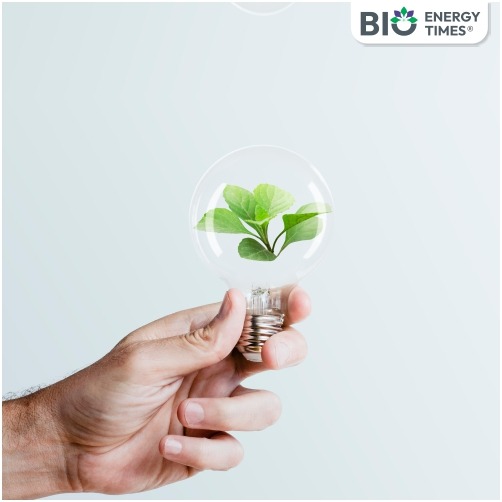India, now ranked fourth among the world’s five largest economies, plays a pivotal role in the global shift toward clean energy, according to a recent report by the World Economic Forum (WEF). The country’s rapid economic growth, surging energy demand, and growing impact on global emissions and energy policy underscore its importance in shaping the future of sustainable energy.
The report identifies the United States, China, the European Union, Japan, and India as the five economies whose actions will most significantly influence the global energy transition. Together, these nations account for nearly half of the world’s population, GDP, and energy consumption, and roughly two-thirds of global emissions. Their collective progress will be instrumental in determining the pace and success of the transition to cleaner energy sources.
Over the last decade, all five economies have shown measurable progress, with India and China leading in key areas. The WEF highlighted India’s achievements in expanding access to electricity and clean fuels, as well as its improvements in energy governance and investment in renewable technologies.
“India has made notable advances in ensuring broader access to energy and clean fuels, while strengthening regulatory frameworks and investing in clean-energy technologies,” the report stated.
On the ground, India has implemented wide-reaching efforts to extend electricity access, particularly in underserved areas, and has ramped up investments in solar, wind, and other renewable energy sources. Still, challenges remain—especially in improving rural electricity supply, reducing reliance on energy imports, and enhancing grid reliability.
The report emphasized that further progress will require increased investment in energy infrastructure, greater deployment of clean energy technologies, the development of a skilled workforce, and expanded financial support mechanisms.
India’s commitment to clean energy innovation has also drawn international recognition. The National Green Hydrogen Mission was singled out for its support across various sectors and states. Initiatives under this programme are helping decarbonize industries such as chemicals in Gujarat, renewable energy in Tamil Nadu, and steel production in Odisha—contributing to lower emissions and enhanced export potential.
The WEF also noted India’s progress in reducing energy intensity and methane (CH₄) emissions, along with its strides in making energy regulations more investment-friendly.
The National Investment and Infrastructure Fund (NIIF) was cited as another critical initiative, drawing global investors by helping to mitigate financial risks and catalyze private sector participation in India’s clean energy landscape.
In the broader context of energy transition, India stands out. While 77 of the 118 countries assessed improved their energy transition scores in 2025, only 28% achieved balanced progress across key indicators. India is among the few emerging economies making gains across multiple dimensions—highlighting its growing leadership in the global push for sustainable energy.















